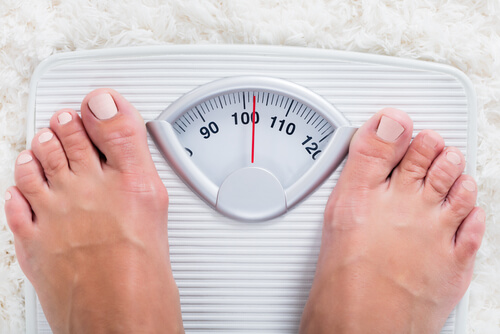Obesity is a major epidemic that is currently affecting the entire world. This is primarily due to the increased popularity in processed and sugar laden foods. All those sweets definitely add up to increase your waistline. Basically, obesity occurs when you have an unhealthy amount of fat distribution in your body.
We can measure obesity by calculating your body mass index or BMI. This is done by calculating your weight and dividing it by your height. Your BMI is a more accurate measure of obesity than simply weighing yourself – it is generally considered the best method for determining your body fatness.
Studies have shown that obesity has a direct link to your risk of developing cancer. Obesity increases the risk for multiple types of cancer: breast cancer, pancreatic cancer, gall bladder cancer, kidney cancer, etc. This is basically because when your body becomes obese, it indirectly affects how your cells divide. It does this in a couple ways:
Obese people normally have chronic low levels of inflammation which can damage your DNA over time. It can also cause your fat tissues to produce excess amounts of estrogen. Higher levels of estrogen have been associated with increased risks of endometrial cancer, breast cancer, and ovarian cancer.
You can eat some of the foods below to help adjust your waistline and reduce your obesity.
Nuts
Nuts are full of protein and fiber which are great for helping you to lose and manage your weight. Protein and fiber are both high energy nutrients that burn slowly over time. This can help you stay satiated and prevent you from over eating. Just make sure to not over snack on the nuts.
Dates
Dates are a classic fruit that originate from the Mediterranean. They are high in fiber and energy while being low in calories. Eat these wonderful fruits with some tea to help increase your metabolism and reduce your appetite.
Tofu
Tofu is high in protein which leads to you feeling satiated and satisfy without having to eat too much. The protein digests slowly and is not stored as fat.








